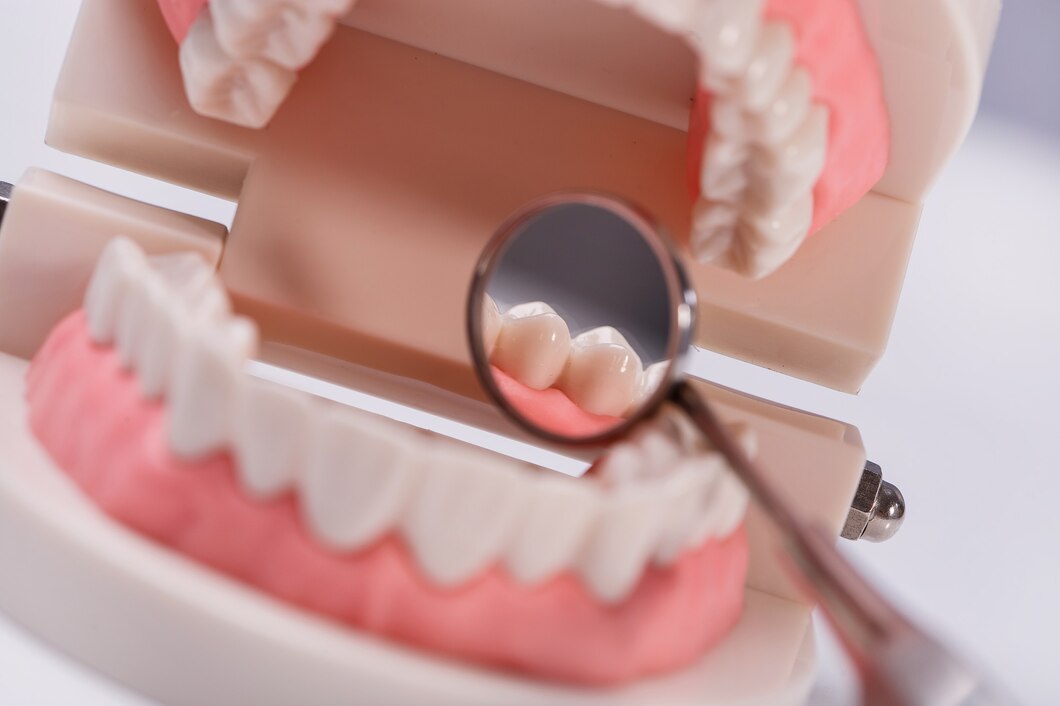Air pollution is a serious environmental issue that should not be overlooked, especially in the context of human health. Numerous studies have shown that air pollutants such as fine particulate matter (PM2.5), toxic gases, and smoke can affect various aspects of health, including dental and gum health. When exposed to air pollution, harmful particles and chemicals can enter the body and contribute to oral health problems, impacting one’s quality of life.
One way air pollution affects dental health is by increasing the risk of gum disease. Research indicates that pollutants such as nitrogen dioxide and sulfur dioxide can trigger inflammation in gum tissues. Inflamed gums may weaken and bleed, leading to a condition known as gingivitis. If left untreated, gingivitis can progress to more severe gum disease, potentially causing tooth loss. Therefore, maintaining gum health is increasingly important in areas with high pollution levels.
Additionally, air pollution can directly affect dental health. Some studies reveal that exposure to pollutants can alter the oral microbiota, the collection of bacteria living in the mouth. These changes may promote the growth of harmful bacteria that contribute to plaque formation and tooth decay. When dental health is compromised, the risk of tooth infections and other complications increases, necessitating greater attention to oral hygiene.
Moreover, air pollution impacts the immune system, making individuals more susceptible to infections. In the context of oral health, this means the body may be less effective in combating dental and gum infections. If left untreated, these infections can lead to severe problems such as dental abscesses requiring medical intervention and surgery. Therefore, it is essential to be aware of the effects of pollution on oral health and take necessary preventive measures.
Ultimately, raising public awareness about the impact of air pollution on dental and gum health is crucial. Efforts to reduce pollution, such as minimizing vehicle use and promoting public transportation, can have positive effects not only on environmental health but also on oral health. The public must also take an active role in maintaining oral hygiene by regularly brushing their teeth, using dental floss, and attending routine dental check-ups. By taking these steps, we can minimize the risks associated with air pollution and ensure good dental and gum health. This effort also supports Sustainable Development Goal (SDG) 3: Good Health and Well-being.
Author: Rizky B. Hendrawan | Photo: Freepik

